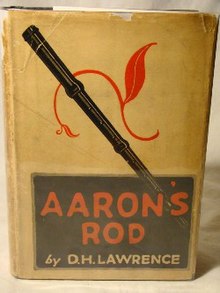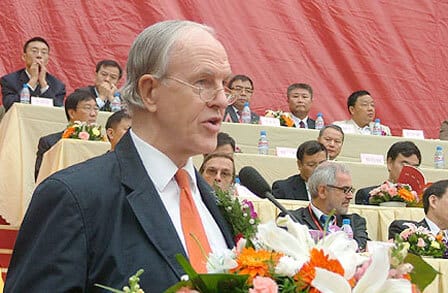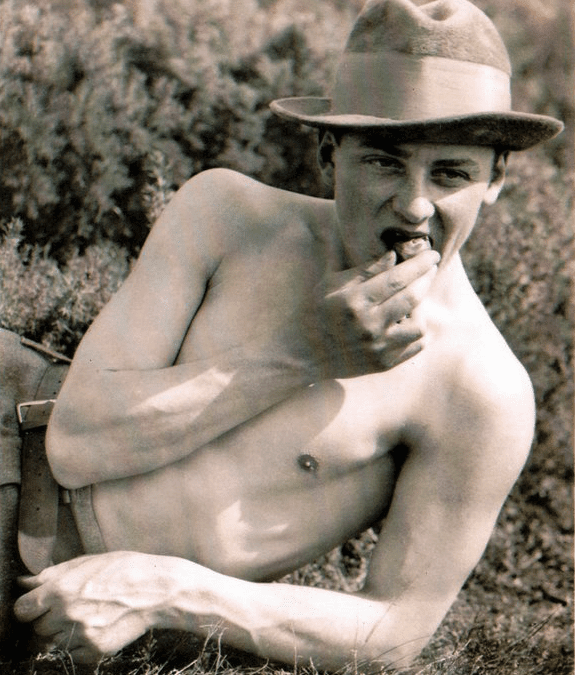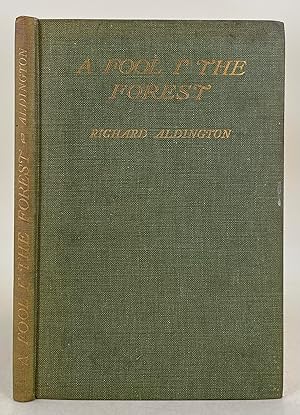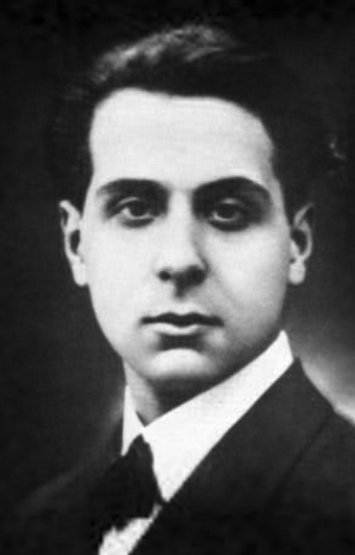Report of the Twenty-Sixth Meeting of the London D. H. Lawrence Group
Axel Englund
A Musical Self? On Absoluteness and Relationality in Aaron’s Rod
Thursday, 26th January 2023
By Zoom
18.30-20.00 UK time
ATTENDERS
24 people attended, including, from outside of England, Justin LaPoint from North Carolina,
Kathleen Vella from Malta, Jim Phelps from Cape Town, Robert Bullock from France, Maria Trejling from Stockholm, Shanee Stepakoff from Connecticut New Haven, and Emma Julieta Barreiro from Mexico.
INTRODUCTION
Axel Englund is Professor of Literature at the Department of Culture and Aesthetics, Stockholm University. His most recent publications include Deviant Opera: Sex, Power, and Perversion On Stage (University of California Press, 2020) and The Routledge Companion to Music and Modern Literature (Routledge, 2022, co-edited with Rachael Durkin, Peter Dayan and Katharina Clausius). He works equally in the fields of literature and music.
He introduced the topic of his talk as follows:
‘“As for absolutes”, D.H. Lawrence confidently declared to Evelyn Scott in a 1921 letter, “I have no absolute but myself”. Only days before, he had finished Aaron’s Rod, a novel that turns to music in order to explore the tensions between independence and the relationality within the self. In this talk, I will point to the reproduction in the novel of notions connected to the idea of absolute music. Drawing on articulations of this idea that Lawrence knew of, as well as his own vision of a somatic, pre-mental consciousness, I will argue that such notions are channelled into the description of Aaron as a character whose very self and soul are musical. But whereas the protagonist has a penchant for music that is supposedly pure and absolute, transcending relationality, my reading focuses on the novel’s tendency to represent music as an inextricable web of interhuman ties, social and sexual.’
THE PRESENTATION
Axel started by informing us that ideas of absolute music first emerged around 1800, when music was conceived as both divine (ie expressive of absolutes such as God and Will), and expressive of the individual soul. In the modernist period, both of these concepts – the divine and the individual – came under increasing pressure, yet the concept survived as an idea of form as opposed to content. Lawrence first discussed absolute music as early as 1908, and mentions of it recur across his oeuvre, but in Aaron’s Rod it stands at the centre. Absolute music is presented as helping the protagonist to attain a kind of absoluteness. The portability of Aaron’s instrument (the flute) allows him to break free of familial and social ties through busking. It also represents his male virility and the power urge (connected to individual absoluteness), as contrasted to the love urge.
According to Lawrence’s spiritualised physiognomy, modern music acted on people’s upper, spiritual centres, whereas pre-modern music acted on people’s lower, sensual centres. Modern sex had been similarly corrupted. But absolutemusic appears to be connected to the lower centres, and to Aaron’s musical soul. Lawrence is aware of the difficulty of describing the latter in words: ‘I do but make a translation of the man. He would speak in music. I speak with words.’ Lawrence knew H. E. Haweis’s 1871 book Music and Morals, which said that words and thoughts were extraneous to music. When Lady Artemis likens music to self-expression and sex, Aaron responds that there’s a part of himself that doesn’t want to do either; he perceives that his musical self must guard its absoluteness, and that his music must be pure. The music that he likes is repeatedly described as pure or limpid, in contrast to the bombastic romanticism, voluptuousness, sentimentality and social relationality of Italian opera (it is whilst watching Aida at Covent Garden that Aaron’s problematic relationship with Josephine is sparked). It includes a Renaissance Christmas melody, Pergolesi, Scarlatti, and Corelli.
Yet the narrative repeatedly challenges the very possibility of the absoluteness either of music or of the subject, by entangling them in nets of relationality. Inter-human relations are given musical metaphors. Aaron plays in a darkened room next to the Marchesa’s; there is no immediate audience, just the notes, and in that moment he sees her as liberated. Yet that very moment creates a bond between them; his music was originally written as a ‘bit of mediaeval phrasing […] for the pipe and the viol’ – two instruments. The next time that he goes to her their unison is realised in joint performance; finally they have an affair.
At the novel’s end, Aaron is on the one hand neutered when his rod is broken by the violence of modernity, yet on the other hand he is cut free into aloneness again. Axel concluded by saying that Lawrence continues a long tradition of using language to explore how music goes beyond language, and that he shows that absolute music is compromised not only by virtue of being described in words but by virtue of being inevitably entangled in relationality – just as is true of the self. As Axel put it, ‘the longing for absolute self finds in music an untrustworthy ally’.
THE DISCUSSION
Hugh Stevens noted the Biblical resonance of the novel’s title and central object. In the Bible Miriam sings whilst David or Jubal play the harp (as in Handel’s song ‘Oh had I Jubal’s lyre or Miriam’s tuneful voice’), therefore the ‘unison’ between the Marchesa and Aaron should in fact be positive. According to Freud, whose ideas were widely influential at the time, the idea of singleness is nonsense, and the novel knows this too. But Aaron reacts violently against sex as debilitating; why?
Axel replied that Lily sees this question in historically dialectic terms; the lover in history is played out and needs to be replaced by something else. Lawrence angrily rejected Freud’s ideas on sex. Shanee Stepakoff concurred in that the destroyed flute was split, thus enforcing self-differentiation. Axel responded that the split flute doesn’t sound at all – but that there was still some truth in this idea.
Sue Reid noted that it is unexpected for Lawrence to align his protagonist with sexual purity, and that he does the very opposite in Lady Chatterley’s Lover six years later. He had read Haweis on absolute music in 1908, so why was it on his mind in 1922? Axel answered that many of the artists in Lawrence’s cultural milieu at the time were interested in the purity of what Clive Bell calls ‘significant form’; Lawrence’s friend Huxley thought that, in order to innovate, prose needed to be structured like music (as he attempted in his novel Point Counter Point). When Sue raised Wagner, Axel said he found him an ambivalent case; on the one hand Wagner used the term ‘absolute music’ to indicate where he thought Rossini went wrong; on the other, his own music was perceived as the antithesis of absolute music, in merging all the art forms. Sue said this might explain Lawrence’s differences with Wagner, and Axel noted that in the final scene of Tannhäuser, which Lawrence had seen, a rod flowers; Lawrence does the opposite in Aaron’s Rod.
Emma Julieta Barreiro asked how Aaron’s Rod mapped onto the romantic/modernist distinction. Axel said ultimately Lawrence reacts against the modernist version of the originally-romantic idea of absolute music and significant form. Far from taking music as a model for his own writing, Lawrence is accused of formlessness; Aaron’s Rod meanders on and on; only an explosion can bring it to an end. His most music-focused novel is his most formless. However, Sue suggested that it might find an analogy with Schubert’s Winterreise, a vagrant, unflowering (and, significantly, romantic) piece of music. Jim Phelps though that it would be interesting to read Lawrence’s relationships to music and to painting in parallel. He also suggested that, whilst Aaron’s Rod fails to reconcile the spiritual and the sensual dimensions, so that it has to end with an explosion, Lady Chatterley’s Lover is the opposite, in offering reconciliation.
